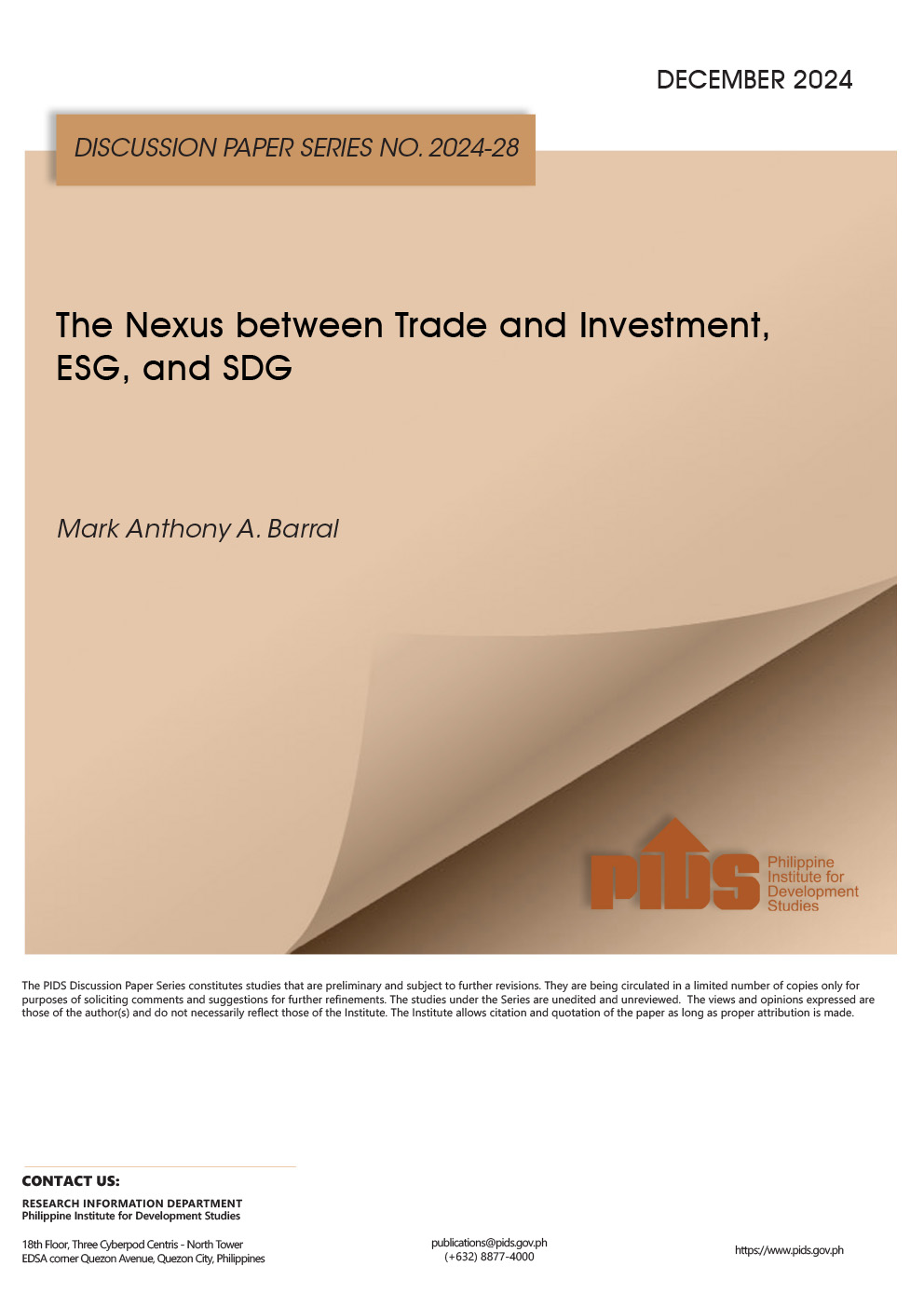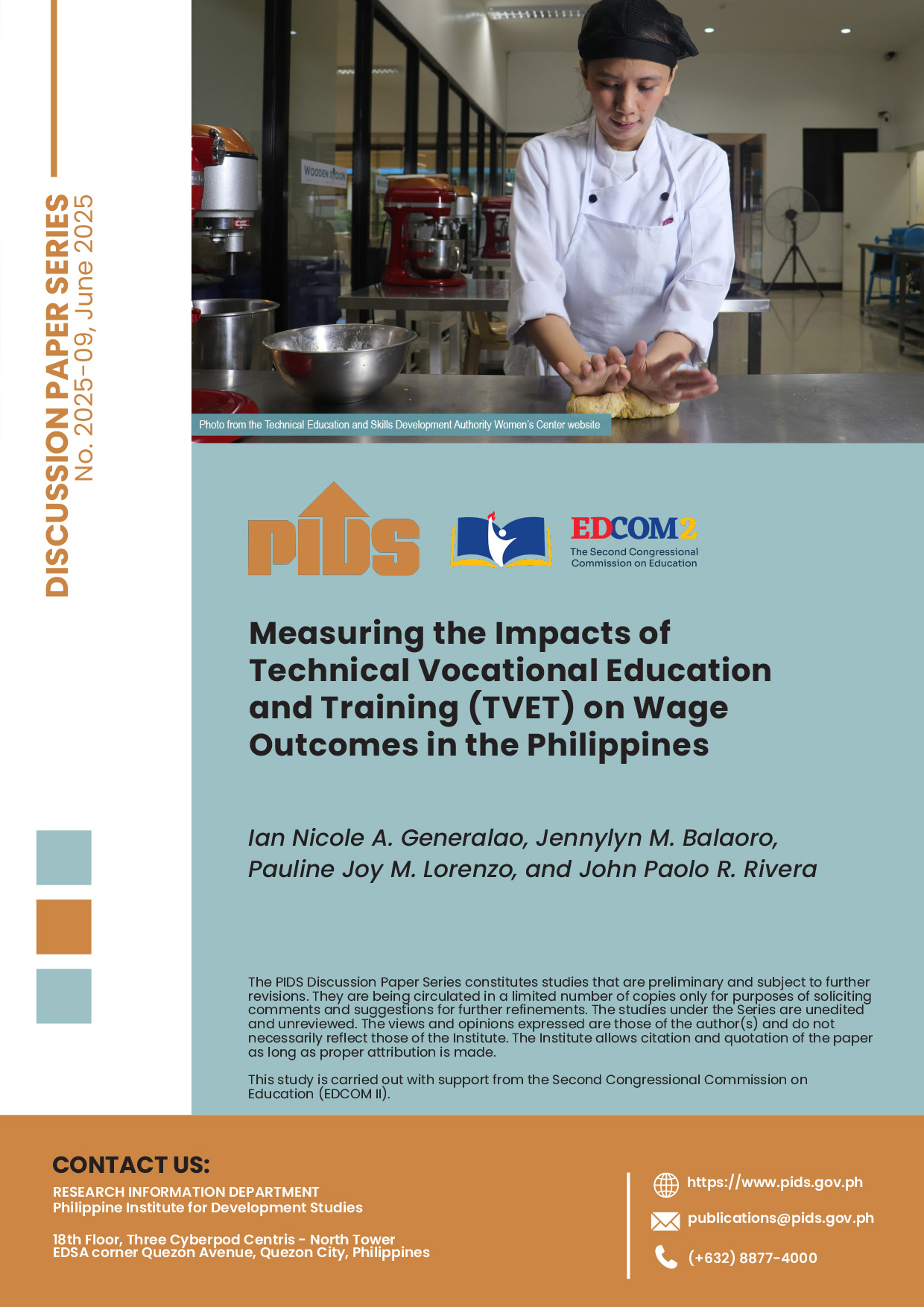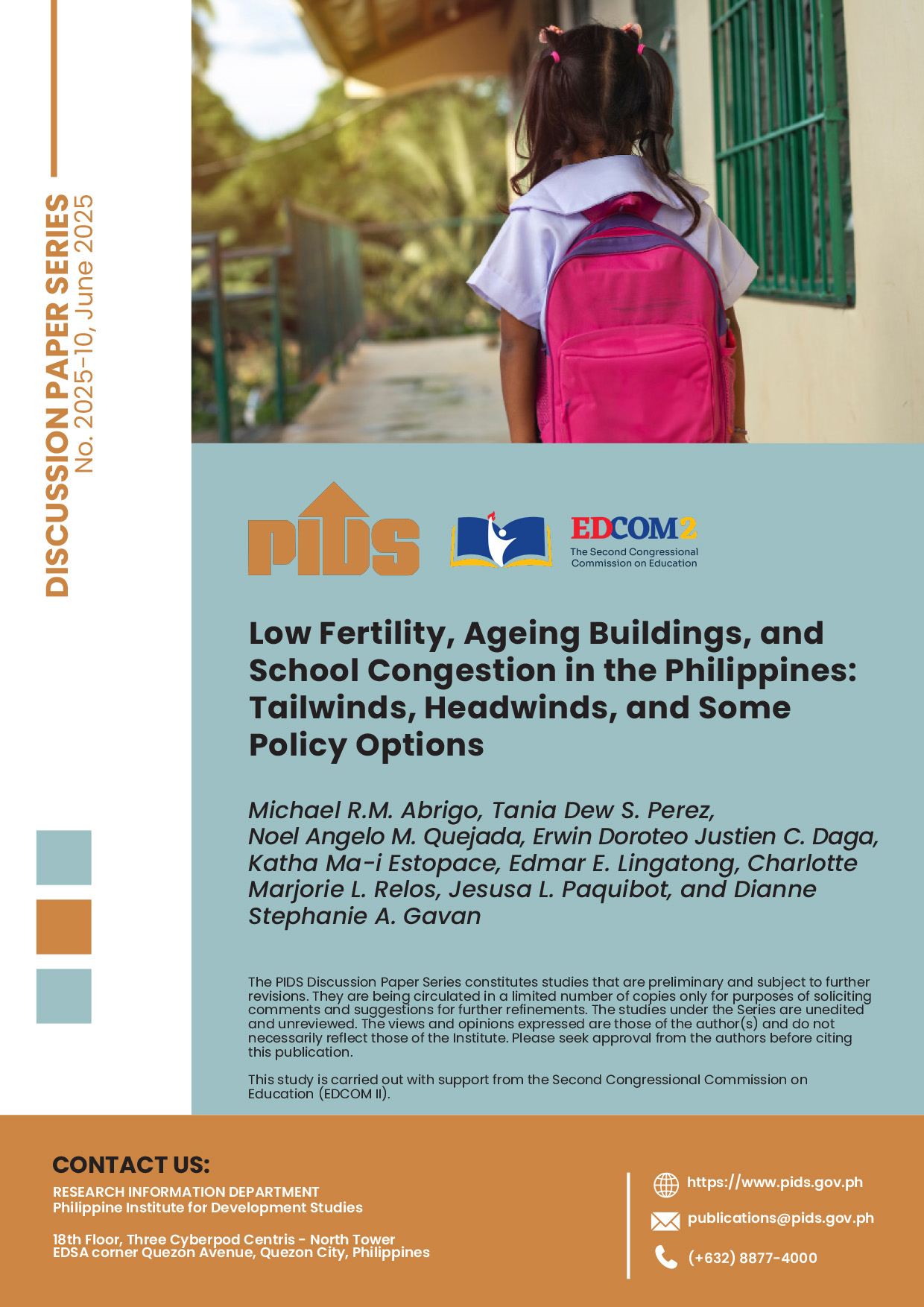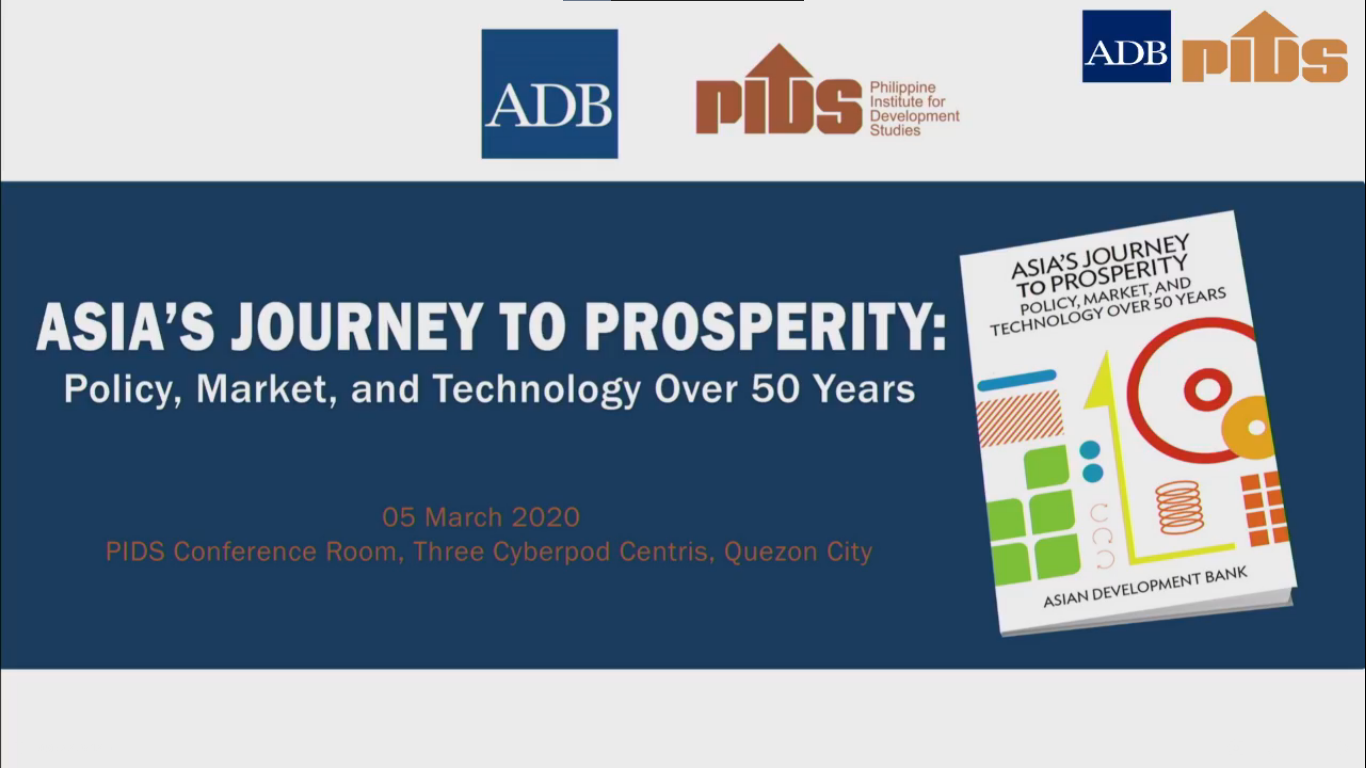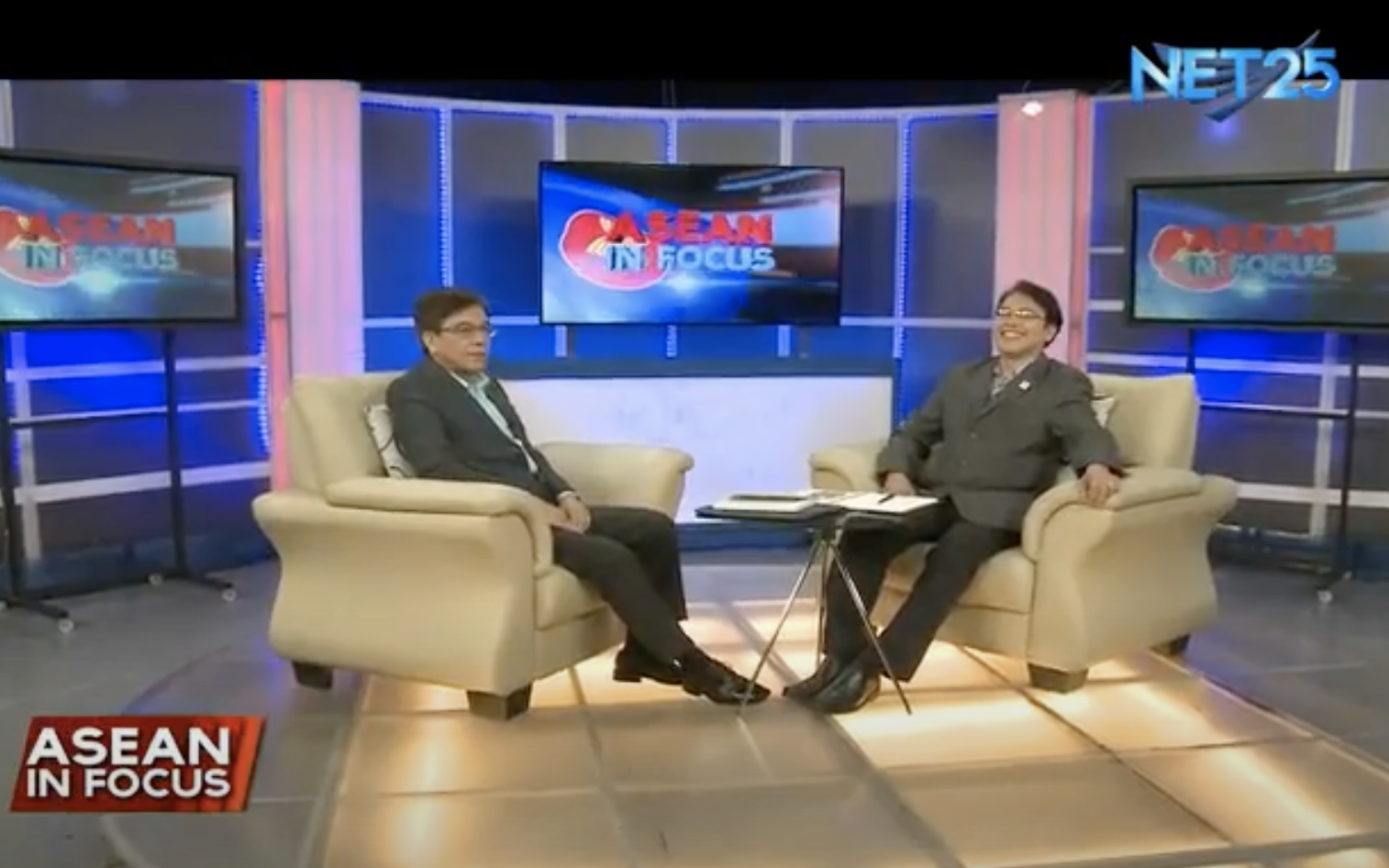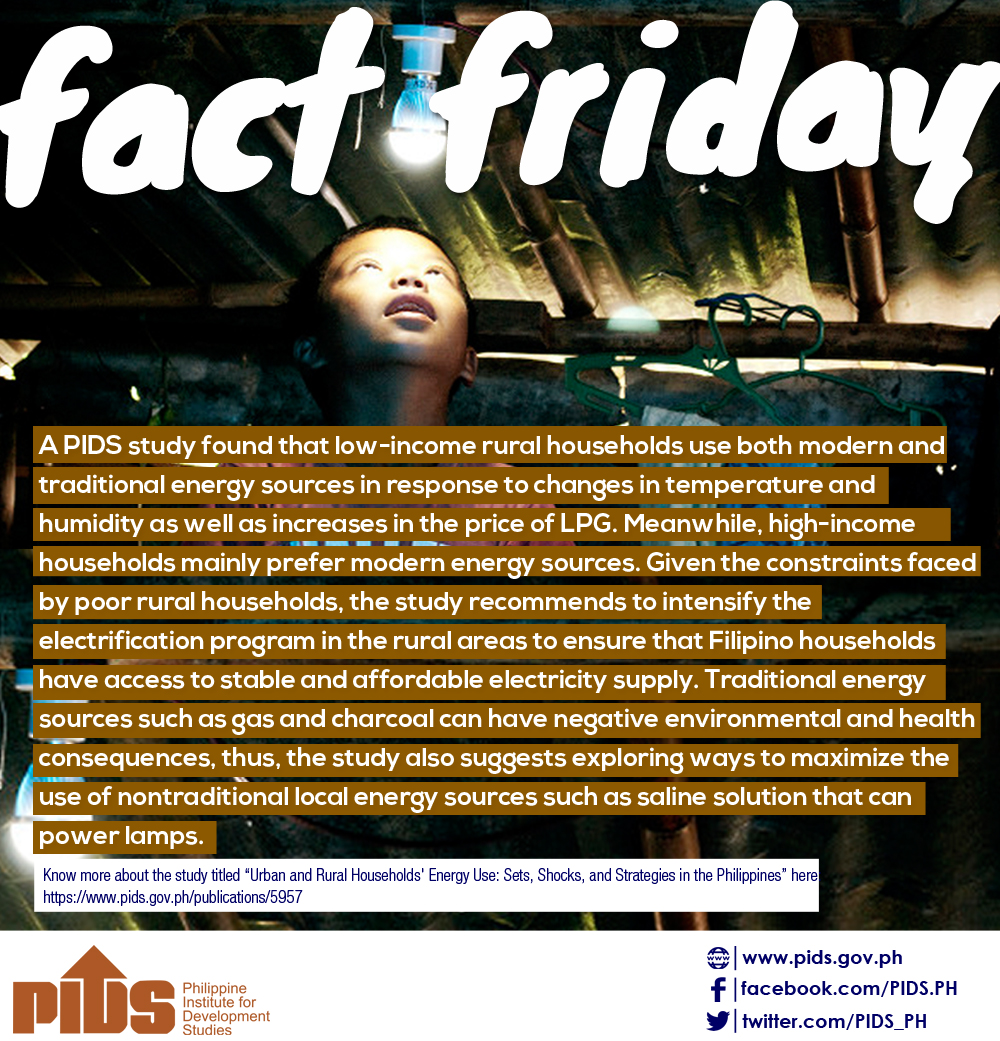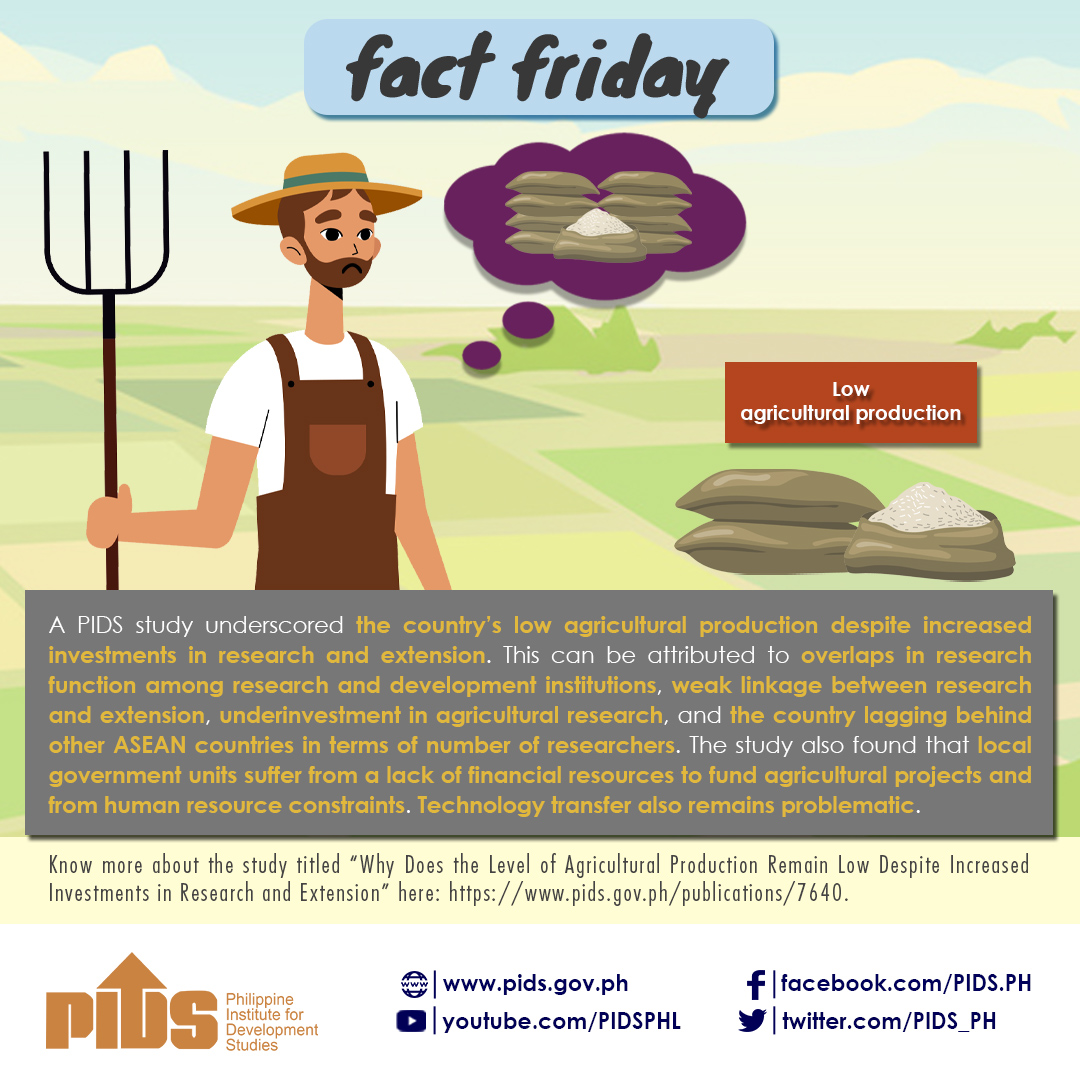NET foreign direct investments (FDI) remained positive in September but were markedly lower compared to a year ago, the Bangko Sentral ng Pilipinas (BSP) reported on Tuesday.
At $368 million, net FDI was down 36.2 percent from the year-earlier $577 million. It was also the lowest recorded since April 2020's $314 million.
"The downturn in FDI net inflows in September 2024 was due largely to the 32.8 percent decline in nonresidents' net investments in debt instruments to $277 million from $413 million," the central bank said in a statement.
Nonresidents' net investments in equity capital dropped to $7 million, plunging 91.2 percent from the $83 million recorded a year earlier. This was slightly offset by a 3.6-percent increase in nonresidents' reinvestments of earnings, which edged up to $84 million from $81 million.
The equity capital placements mostly came from Japan (60 percent), the United States (25 percent) and Singapore (8.0 percent), and were mostly channeled to the manufacturing (58 percent), real estate (19 percent), information and communications (8.0 percent), and wholesale and retail trade (5.0 percent).
Year to date, net FDI was 3.8 percent higher at $6.7 billion compared to the $6.4 billion seen in January-September 2023.
Equity capital placements ballooned to $1.36 billion in the nine-month period from $923 million a year ago.
Reinvestments of earnings eased to $941 million from $991 million, while net investments in debt instruments fell to $4.35 billion from $4.50 billion.
Equity capital placements for January-September originated mostly from the United Kingdom (43 percent), Japan (37 percent), the United States (9.0 percent) and Singapore (4.0 percent).
The bulk, or 74 percent, went to manufacturing, followed by real estate (11 percent) and wholesale and retail trade (4.0 percent).
Philippine Institute for Development Studies senior research fellow John Paolo Rivera said that high interest rates globally had made emerging markets like the Philippines less attractive.
"Investors often prefer safe-haven assets in advanced economies under these conditions," he explained, adding that heightened geopolitical tensions and economic uncertainties may have also further dampened investor confidence globally.
Slowing economic growth in the country could also have raised concerns among foreign investors.
Gross domestic product growth hit a lower-than-expected 5.2 percent in the third quarter, which prompted economic managers to narrow the target for this year to 6.0-6.5 percent from 6.0-7.0 percent.
Rivera said there could be a slight improvement in FDI in the coming months, supported by holiday-driven spending and potential optimism about 2025 growth prospects.
"Recent government efforts to streamline investment processes and promote flagship programs under the PDP (Philippine Development Plan) may help attract interest," he added.
"However, the persistence of high interest rates globally and in the Philippines may continue to weigh on FDI inflows. Additionally, global economic slowdown risks in 2024 could limit investor appetite for emerging markets."

